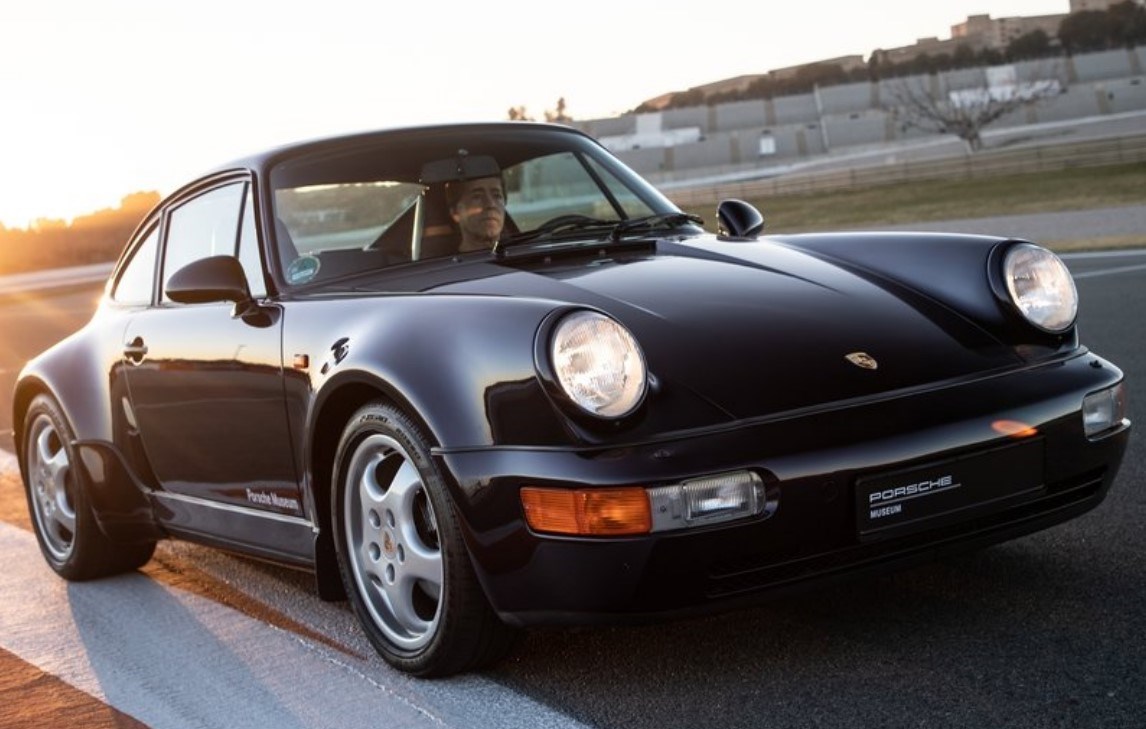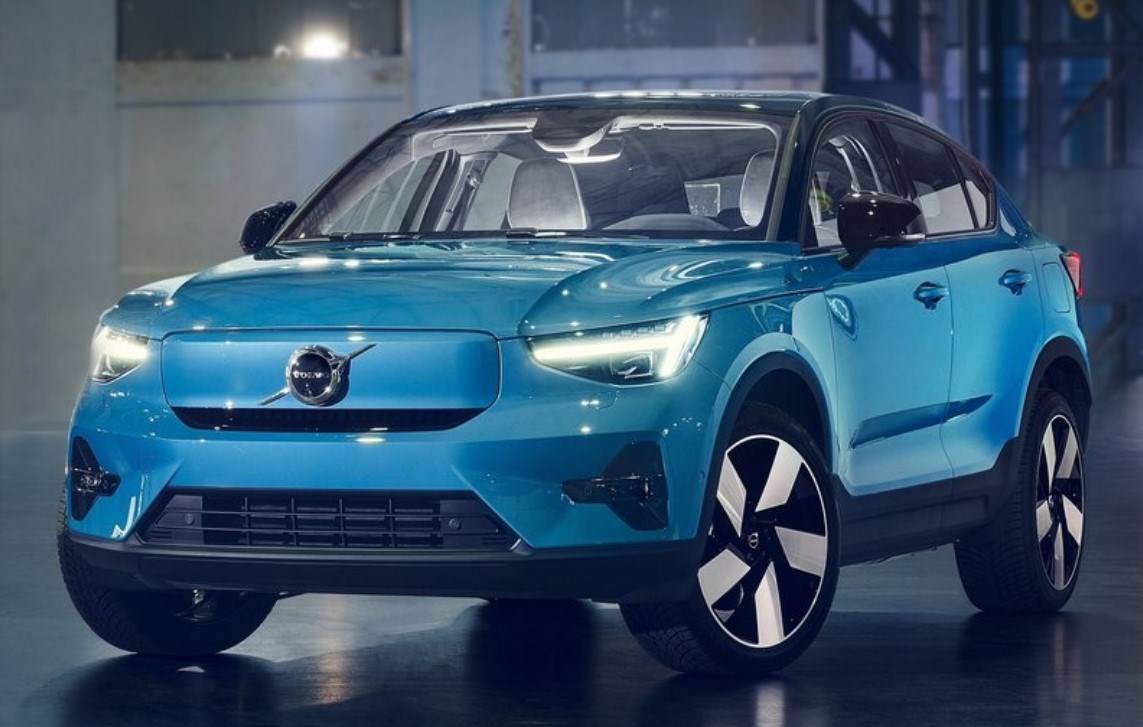A study conducted by Footman James, a classic and specialist vehicle insurance provider in the UK, claims that classic vehicles are less harmful to the environment than modern cars, including electric vehicles.
The findings consider the fact that classic cars have limited use throughout the year, compared to modern vehicles which are typically driven every day and generate large amounts of carbon during their production.

According to the study, the average classic vehicle in the UK emits 563 kg of CO2 and is driven an average of 1,931 km each year. And while modern vehicles have significantly less CO2 emissions per km, they're driven a lot more regularly and already have a large carbon footprint from their time in the factory.
The study suggests that the carbon footprint of an average passenger vehicle (for example, the VW Golf), is 6,800 kg of CO2. Then the production of a battery electric vehicle, like the Polestar 2, has a carbon footprint of 26,000 kg of CO2, but then driving is zero-emission. But the study claims that to reach that same 26,000 kg figure with a classic vehicle, it'll take over 46 years of use.
Many automakers are aiming for a carbon-neutral future, so this may change in the coming years. For example, Polestar has pledged to produce its first carbon-neutral vehicle by 2030, and there are lots of others with similar goals.
Meanwhile, Volvo recently admitted that its EV production generates 70 percent more emissions than its ICE-powered equivalent, but its carbon footprint over its entire lifecycle is lower.

The report states that two-thirds of owners are concerned about climate change, and over half of them would be open to emissions offsetting schemes.
The managing director of Footman James, David Bond, says “it’s easy for one to assume that classic cars are more damaging simply because of their older and less efficient engines, however, the data in this report disproves that theory. It’s really about how these vehicles are maintained and used; it is clear that while new modern and electric cars might seem better for the planet day-to-day, the problem is how much of an impact their production causes”.








